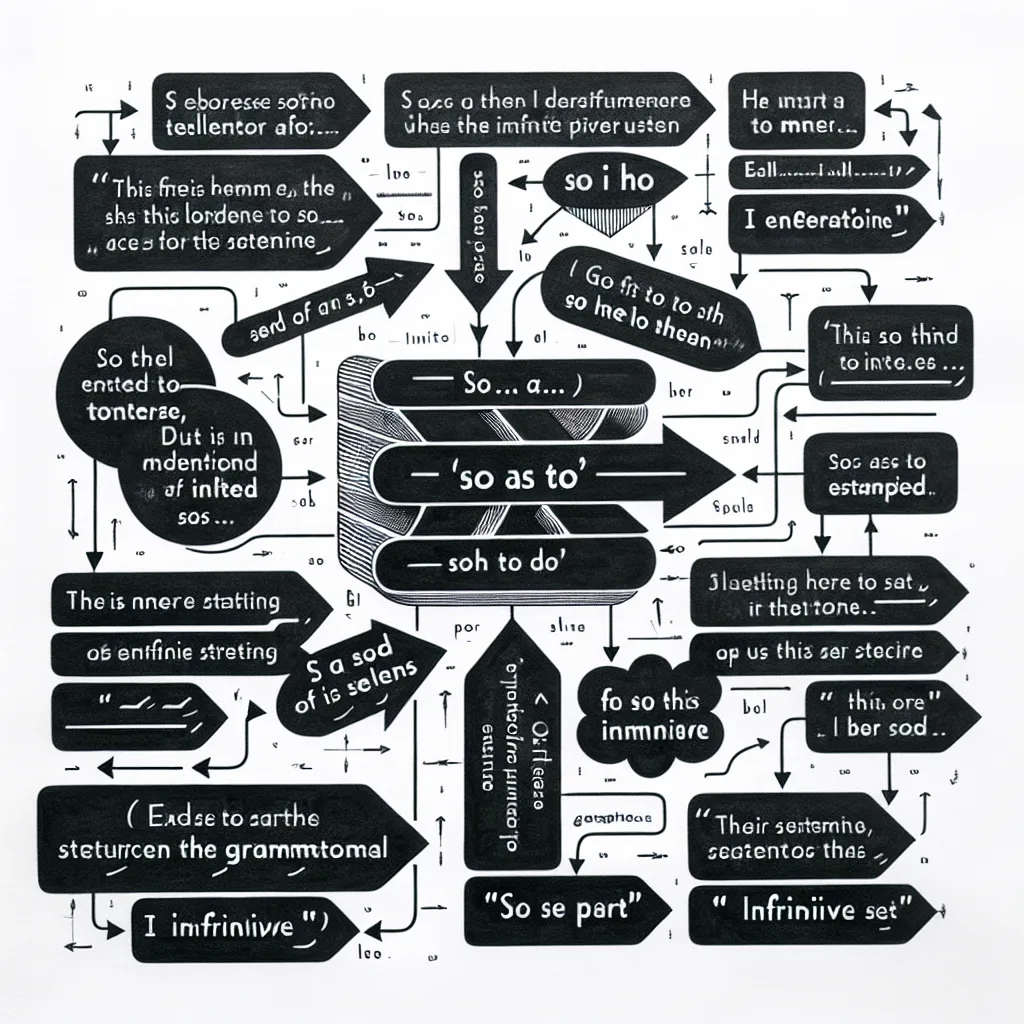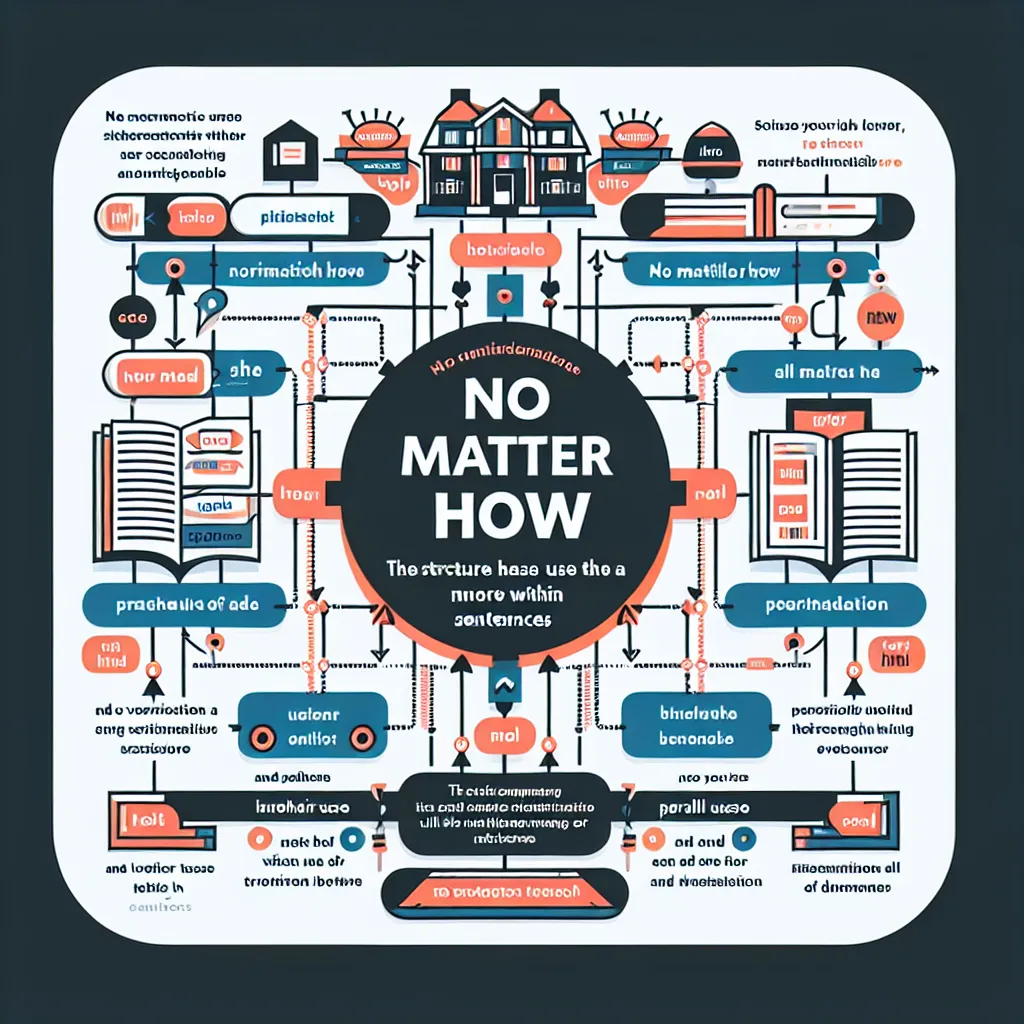The phrase “be meant to” is a common and versatile expression in English that frequently appears in IELTS exams. Understanding its usage and mastering its various forms can significantly enhance your performance across all sections of the IELTS test. Let’s delve into the intricacies of this structure and explore how you can effectively incorporate it into your IELTS preparation.
Nội dung bài viết
Understanding the Meaning and Usage of “Be Meant To”
“Be meant to” is used to express intention, purpose, or expectation. It’s similar to expressions like “supposed to” or “intended to.” This structure appears in various IELTS tasks, from reading passages to listening dialogues, and can be effectively used in speaking and writing responses.
Here are some examples of how “be meant to” can be used in IELTS-style sentences:
- “The new city park is meant to provide a green space for urban residents.”
- “These regulations are meant to protect endangered species.”
- “The experiment was meant to prove the effectiveness of the new drug.”
- “This course is meant to prepare students for university-level studies.”
- “The app is meant to simplify the process of booking travel accommodations.”
In each of these sentences, “be meant to” indicates the purpose or intention behind an action or creation.
 IELTS preparation materials
IELTS preparation materials
Grammar and Structure: Mastering “Be Meant To”
To use “be meant to” correctly in your IELTS responses, it’s crucial to understand its grammatical structure.
Formula: Subject + BE (is/are/was/were) + meant to + verb (base form)
Let’s break down this structure with some IELTS-oriented examples:
- “The graph is meant to illustrate the rising trend in global temperatures.” (Present tense)
- “The survey was meant to gather data on consumer preferences.” (Past tense)
- “These practice questions are meant to familiarize students with the IELTS format.” (Present tense, plural subject)
- “The project was meant to be completed by last month.” (Past tense, passive voice)
- “The new policies are meant to address the housing crisis.” (Present tense, plural subject)
In IELTS Writing Task 2, you might use this structure to discuss intentions or purposes:
“Many believe that standardized tests are meant to evaluate students’ abilities fairly. However, critics argue that these tests are not meant to account for individual learning styles and backgrounds.”
Applying “Be Meant To” in IELTS Tasks
IELTS Reading
In reading passages, you may encounter sentences using “be meant to.” Understanding this structure can help you quickly grasp the author’s intended meaning.
Example passage:
“The government’s new initiative is meant to boost small businesses. While it is meant to provide financial support, some argue that it is not meant to address the root causes of economic inequality.”
IELTS Listening
Listen for “be meant to” in dialogues or monologues. It often indicates purpose or intention.
Possible dialogue:
Speaker A: “What’s this new software meant to do?”
Speaker B: “It’s meant to streamline our project management process.”
IELTS Speaking
Incorporate “be meant to” in your responses to demonstrate advanced language use:
Question: “What are the benefits of public libraries?”
Response: “Public libraries are meant to provide free access to information and resources. They are meant to be community hubs where people can gather and learn.”
IELTS Writing
In Writing Task 1, use “be meant to” to describe the purpose of graphs or charts:
“This bar chart is meant to compare the recycling rates of different materials across five countries.”
In Writing Task 2, employ it to discuss intentions or expectations:
“While social media platforms are meant to connect people, they often are meant to generate revenue through targeted advertising.”
Advanced Usage for Higher Band Scores
To aim for higher band scores (7+), consider these more sophisticated applications:
-
Combine with modals: “The policy might have been meant to address unemployment, but its effects were limited.”
-
Use in complex sentences: “Although the program was meant to improve literacy rates, it inadvertently led to increased dropout rates in rural areas.”
-
Employ in passive constructions: “The art installation was meant to be viewed from multiple angles, challenging traditional perspectives.”
-
Contrast with actual outcomes: “While the law was meant to protect consumer rights, it has actually resulted in increased corporate power.”
-
Use with abstract concepts: “The philosophy behind the curriculum is meant to foster critical thinking and creativity.”
Common Mistakes to Avoid
-
Incorrect verb form: “The app is meant solving problems.” (Correct: “The app is meant to solve problems.”)
-
Confusion with “mean”: “I mean to say that the project was delayed.” (This is different from “be meant to.”)
-
Overuse: Relying too heavily on this structure can make your language repetitive. Vary your expressions.
-
Misunderstanding the implication: “Be meant to” suggests intention, not necessarily outcome. “The diet was meant to help me lose weight” doesn’t guarantee that weight loss occurred.
-
Incorrect tense: “The building is meant to be completed last year.” (Correct: “The building was meant to be completed last year.”)
Conclusion
Mastering the use of “be meant to” can significantly enhance your IELTS performance across all sections. Practice incorporating this structure into your responses, paying attention to tense, subject-verb agreement, and context. Remember to use it judiciously and in combination with other advanced structures to showcase your language proficiency. As you prepare, look for opportunities to use “be meant to” in practice essays, speaking exercises, and when analyzing reading and listening materials. With consistent practice, you’ll find that this versatile structure becomes a natural part of your English expression, helping you to articulate intentions and purposes clearly and effectively in your IELTS exam.


